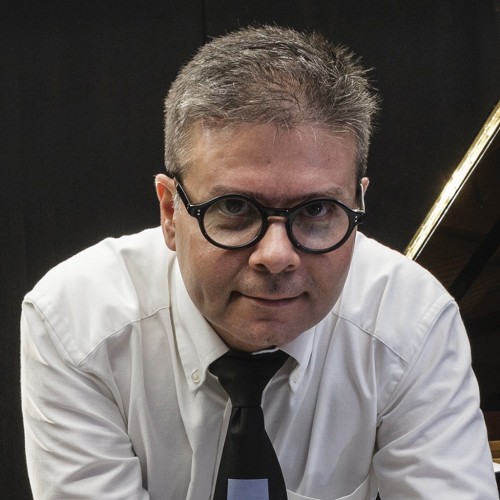Miranda’s work at Plymouth University combines his passions for music, AI and the brain. He is known for championing the new frontier of Brain-Music interfaces notably through the work that he has been developing with music therapists and severely motor-impaired patients at the Royal Hospital for Neuro-disability in London.
Miranda’s music is strongly informed by his research, including works for symphony orchestra, chamber ensembles, choirs, and electroacoustic music, and has been performed by celebrated orchestras such as BBC Concert Orchestra, Chamber Group of Scotland, Orquestra Sinf?nica de Porto Alegre (Brazil) and Sond'Ar-te Electric Ensemble (Portugal). His compositions are performed regularly at international classical music festivals including Mainly Mozart (USA), Synth?se (France), Ultraschall (Germany), Nuova Consonanza (Italy) and Encuentros de M?sica Contempor?nea (Chile). In 2010 pianist Luciane Cardassi premiered his piece Mozart Reloaded at Banff. In 2011, the BBC Concert Orchestra performed his Sacra Conversazione (for orchestra and electronics) under the baton of Charles Hazlewood at the Queen Elizabeth Hall, which was subsequently featured on BBC Radio 3’s Sunday Concert programme.
Miranda is developing neo-Darwinian evolutionary computing models to compose music and currently he is experimenting with bio-computing technology for music, using components built with organic living material. These systems use organic processors made of a unicellular organism called Physarum polycephalum to make live music. His vision is to harness the naturally elegant and efficient problem-solving methods of biological organisms to build musical systems for composition and performance — a truly unique approach to the evolution of future music.


